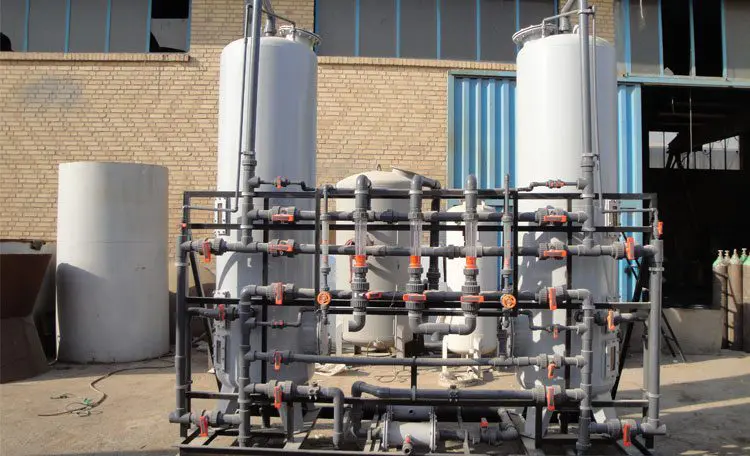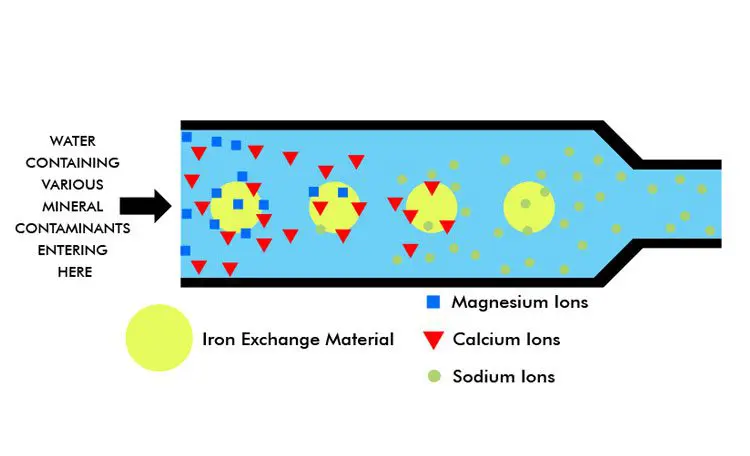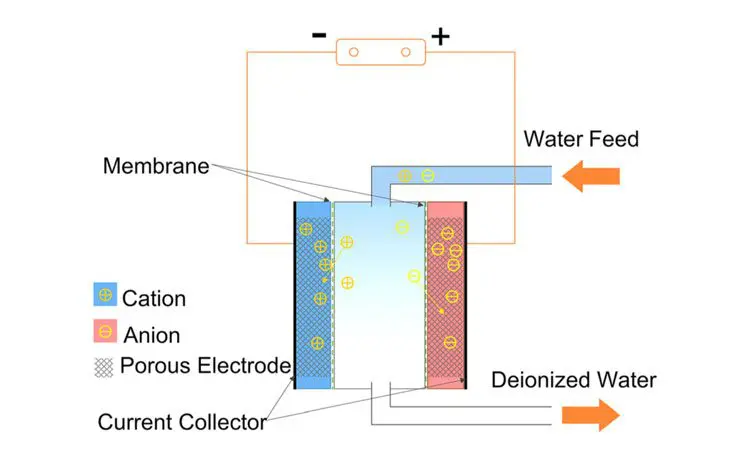Uses of Deionizer
Due to the process of water purification in the deionizer and the very high purity in the output of this device, as a result, it can be used in various industrial and medical applications. Among the uses of the ionizer are:
· Distilled water
· Serum production
· Medical industry for example blood dialysis machine
· Washing dishes and laboratory equipment
· Using in HPLC tests
· Electroplating industries
· Paint factories
· Washing electronic components and boards
· Pharmaceutical factories
· Health and food factories and all pharmaceutical industries
Benefits of deionizer water treatment
· Production of high purity ion-free water (more than 99%)
· Long lasting filters
· Low price
· No effluent production
· Low power consumption
Important points about the production of pure water with a deionizer
Deionized water produced by the deionizer is known as hungry water. Therefore, it’s highly susceptible to the absorption of microbes and pollutants in the environment and carbon dioxide. By reabsorbing these substances, the purity of water is greatly reduced and it is less used for medical purposes. That is why the pure water produced by this device should be used immediately.
In addition, the resins of the device need to be charged and regenerated after prolonged use. The process of charging resins is such that the cationic column is placed in acids such as sulfuric acid and hydrochloric acid. In contrast, the anionic column resin charge of the deionizer will be immersed in hydroxide.
Production of deionizer in Haft Industrial Group
Due to the very wide application of deionizer in medical, pharmaceutical and health and food materials and very high sensitivity in the design and production of this device, “Haft Industrial Group” with years of experience and production expertise, has placed this device in its service group. All stages of design and production of deionizer in this collection have been done by experienced specialists and engineers, and reasonable price and high efficiency are its main features. In order to receive advice and guidance, as well as to buy a deionizer from Haft Industrial Group, you can use the communication channels at the bottom of the page.





Leave a Reply